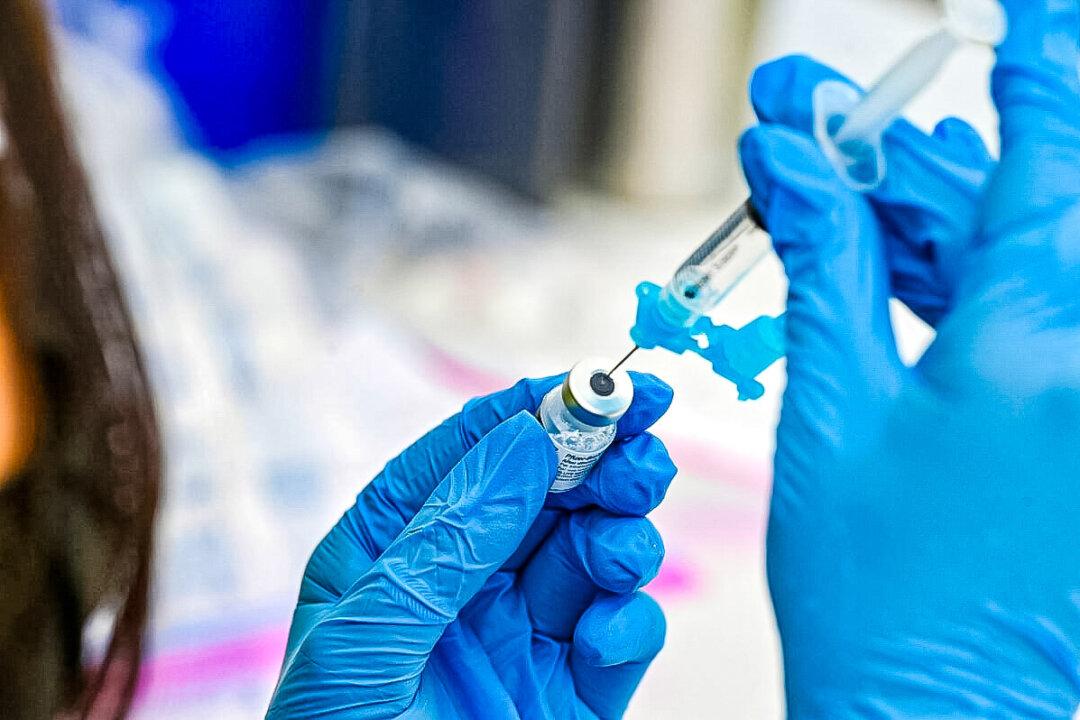Using painkillers after the first dose of COVID-19 vaccination boosts the risk of breakthrough infections, according to a recent study.
Breakthrough infections are COVID-19 cases among vaccinated individuals.

Using painkillers after the first dose of COVID-19 vaccination boosts the risk of breakthrough infections, according to a recent study.
Breakthrough infections are COVID-19 cases among vaccinated individuals.